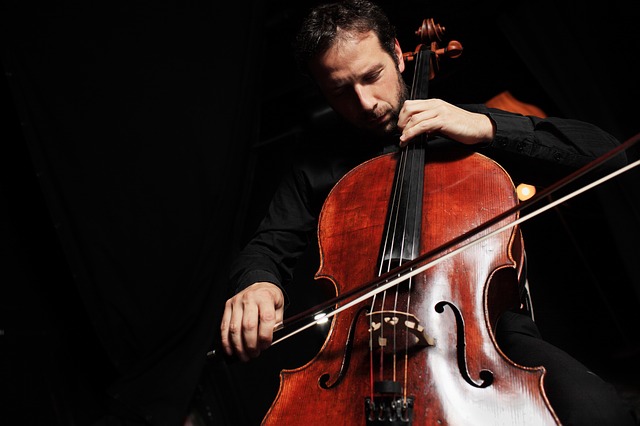Classic vs Classical
The distinction between “classic” and “classical” is often overlooked as they are two words that are frequently confused due to their apparent similarity. However, there is a difference between their meanings and connotations. “Classic” is used to mean ‘typical’, while “classical” refers to ‘traditional’. This article will provide descriptions and examples of the definitions of the two words, which will clearly illustrate the difference between classic and classical.
What does Classic mean?
The term “classic” is used to describe something typical. Consider the following sentences:
He cited a classic example.
The batsman played a classic shot.
In both sentences, the word “classic” is used to mean ‘typical’. Thus, the first sentence means ‘he cited a typical example’, and the second sentence means ‘the batsman played a typical shot’. It is also noteworthy that “classic” can refer to ‘old, recognized texts in any literature’, as in the phrase “English classics”. The Oxford English Dictionary defines a classic as “a work of art of recognized and established value.” Books such as Jane Eyre, Wuthering Heights, and Pride and Prejudice all possess the qualities mentioned in the definition. For example:
He reads classics more often.
In this sentence, “classic” is used to mean ‘old, recognized text’, and the sentence means ‘he reads old, recognized texts more often’.
What does Classical mean?
The term “classical” is used to describe something traditional. Consider the following sentences:
Classical music has to be appreciated.
He sings in the classical style.
In both sentences, the word “classical” is used to mean ‘traditional’. Therefore, the first sentence means ‘traditional music has to be appreciated’, and the second sentence means ‘he sings in the traditional style’. While a classic is a work of art that has recognized and established value, the term “classical period” refers to the time during which many classics were written, in contrast to the modern period in any literature.
Key Takeaways
- “Classic” is used to mean ‘typical’, while “classical” refers to ‘traditional’.
- “Classic” can also refer to a work of art with recognized and established value.
- The term “classical period” refers to the time during which many classics were written.
